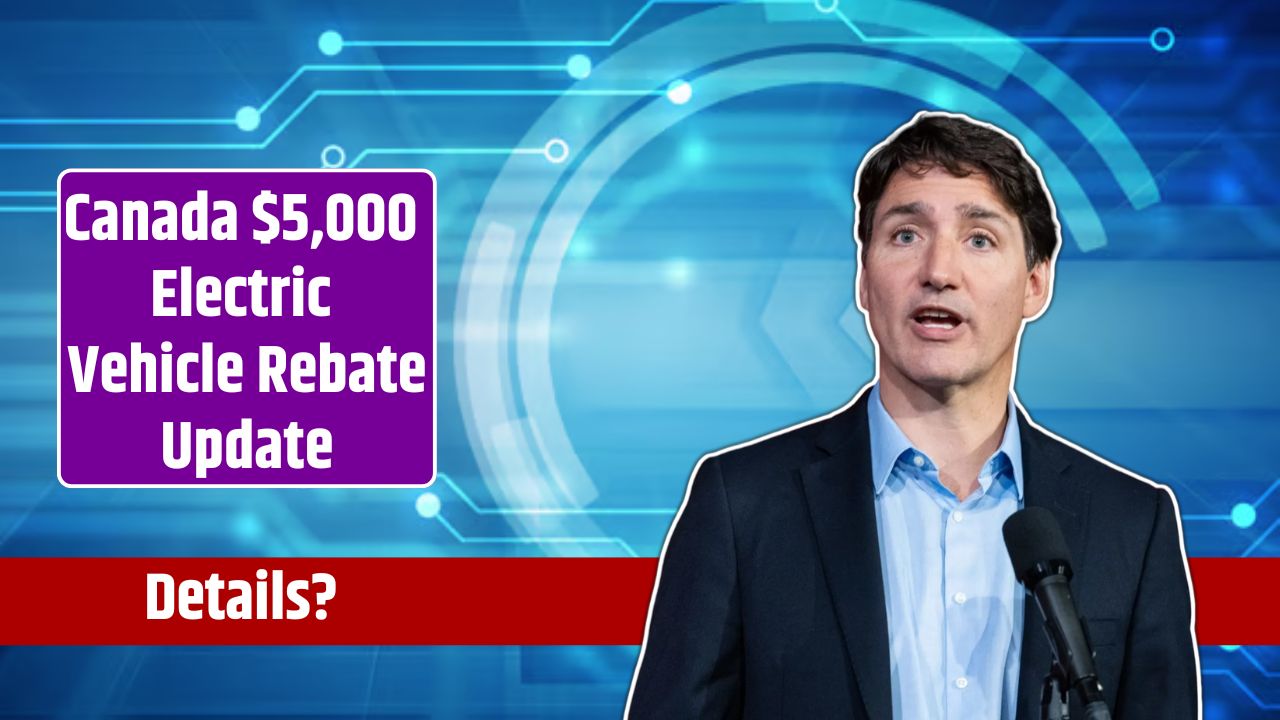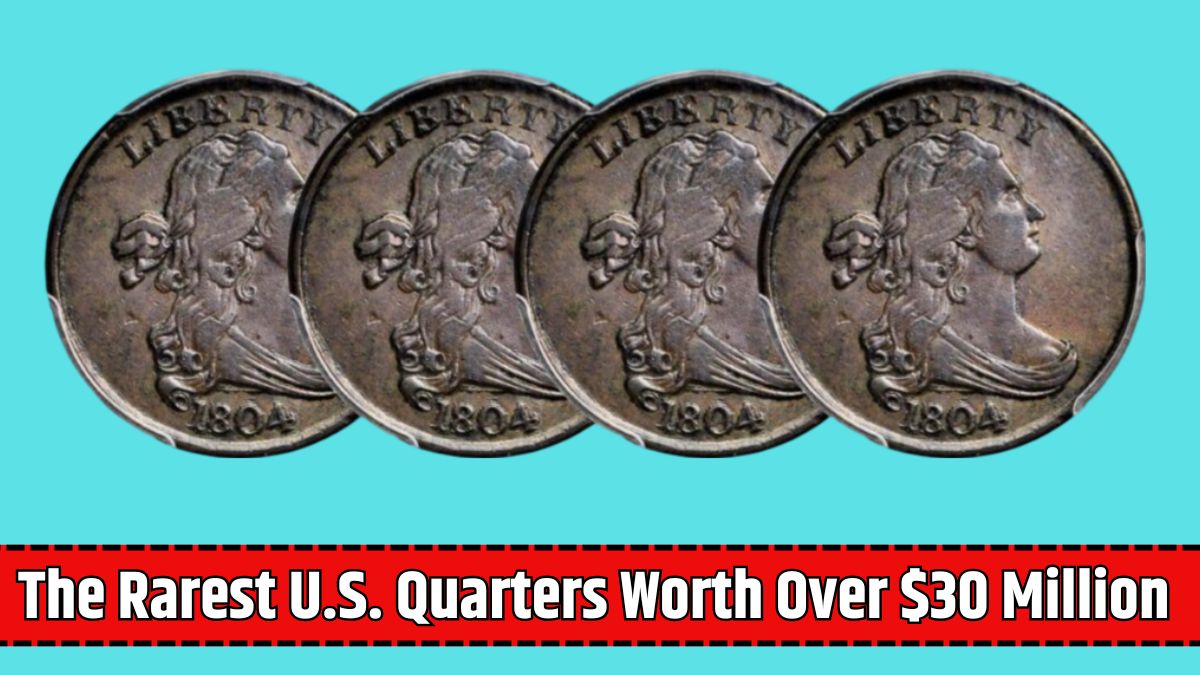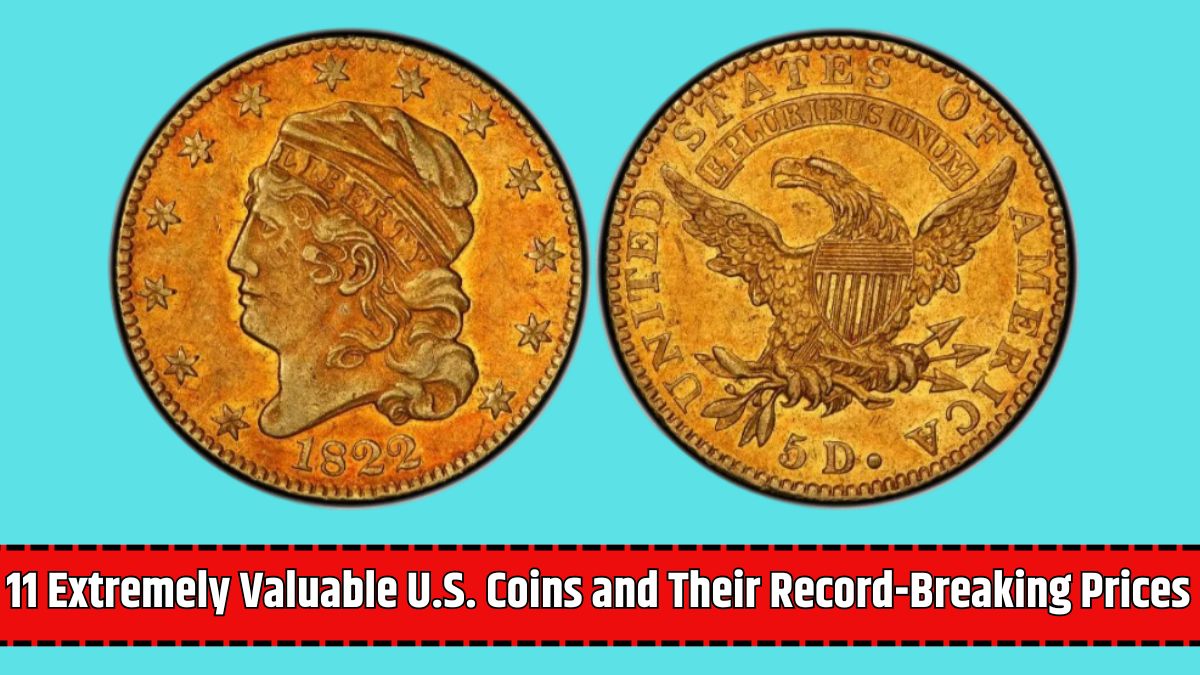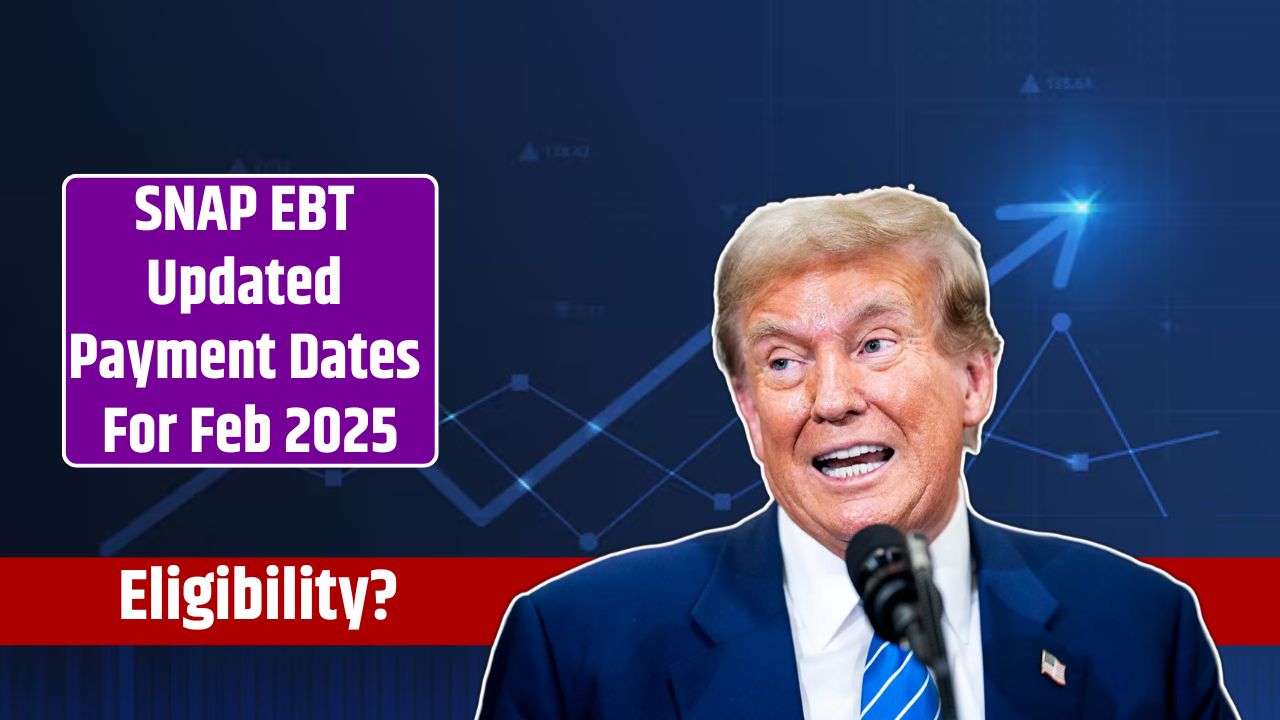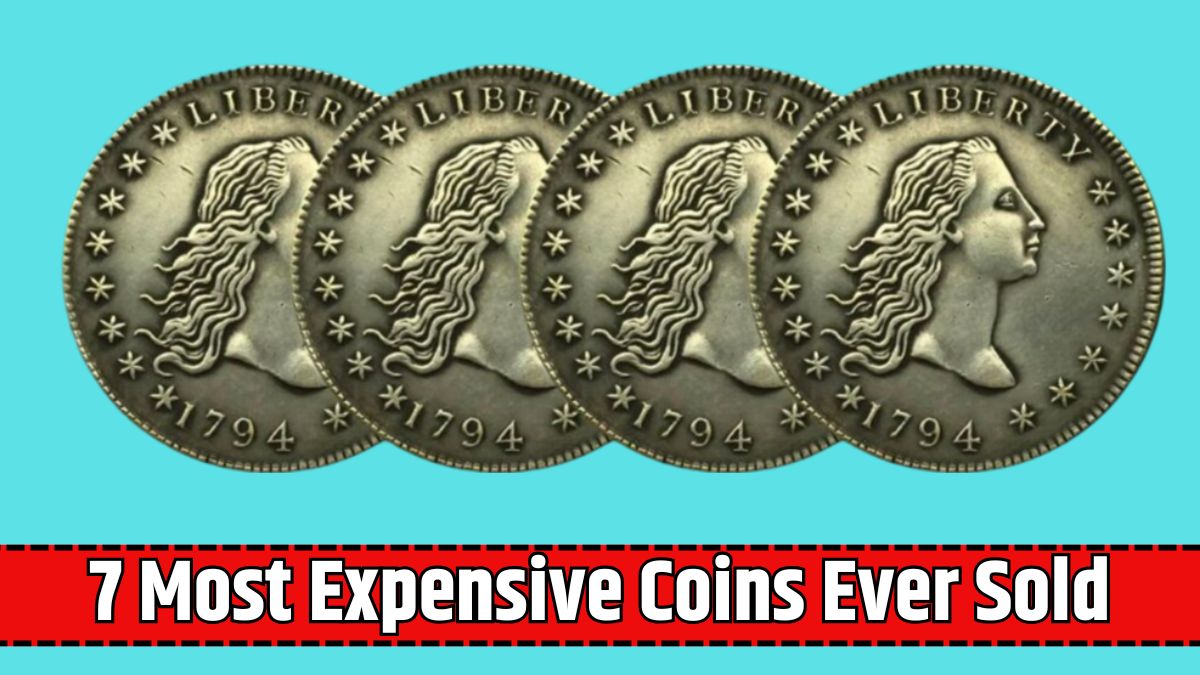Canada’s federal government has put a sudden stop to its Incentives for Zero-Emission Vehicles (iZEV) Program, which provided rebates of up to $5,000 for electric vehicle (EV) buyers.
This program, launched in 2019, has been a significant factor in increasing EV adoption, with over 546,000 incentives issued.
The abrupt pause has sparked debate among environmentalists, auto industry experts, and consumers who were planning to take advantage of the rebate. So, what does this mean for Canadian buyers? Let’s break it down.
Canada $5,000 Electric Vehicle Rebate
The iZEV program was introduced to make EVs and plug-in hybrid electric vehicles (PHEVs) more affordable for Canadians. Here’s what it offered:
- $5,000 rebate for battery-electric vehicles (BEVs) and PHEVs with an electric range over 49 km.
- $2,500 rebate for PHEVs with a shorter range.
- Vehicles had to be priced under $55,000 for cars and under $65,000 for SUVs, minivans, and pickups.
Initially, the program was set to run until March 31, 2025, or until funds were depleted. However, as of January 10, 2025, Transport Canada confirmed that the allocated $71.8 million in funding has been fully used, leading to an immediate suspension of the program.
Impact
Effective immediately, dealerships and manufacturers must stop offering the federal rebate. This means:
- Pending rebate applications that have already been approved will still be processed.
- New applications will not be accepted.
- Medium- and heavy-duty vehicle incentives remain active and will continue until March 2025, based on funding availability.
Dealerships are responsible for informing customers about the rebate suspension, so buyers who were counting on the incentive may face unexpected price hikes.
Industry Reactions
The reaction to this decision has been mixed.
Government’s Perspective
Transport Minister Anita Anand praised the program’s success, emphasizing its contribution to Canada’s goal of achieving 100% zero-emission vehicle (ZEV) sales by 2035. In Q3 2024, one in six new vehicles registered in Canada was a ZEV, signaling strong adoption trends.
Environmental Concerns
Not everyone is pleased. Clean Energy Canada, an environmental advocacy group, criticized the pause. Joanna Kyriazis, the organization’s public affairs director, called it “the wrong move at the wrong time.”
Her concerns include:
- The rebate made EVs more affordable, allowing more Canadians to transition away from gas-powered vehicles.
- Without financial incentives, EV sales could slow down, especially given rising living costs.
- Many Canadians save up to $3,000 annually on fuel and maintenance by switching to an EV—without rebates, that switch becomes less attractive.
Provincial EV Incentives
While the federal rebate is gone, provincial incentives are still available in some regions. However, these programs are also changing.
| Province | EV Rebate Status |
|---|---|
| British Columbia | Reduced eligibility, making fewer vehicles qualify. |
| Quebec | Upcoming changes in 2025, could temporarily boost sales. |
| Ontario, Alberta & Others | No provincial EV rebate available. |
Buyers in British Columbia and Quebec still have access to rebates, but those in Ontario, Alberta, and other provinces will now have to pay full price for EVs.
Environmental Implications
Pausing the iZEV program could have long-term effects on EV adoption and Canada’s green initiatives:
- Cost Savings Lost – The rebate helped offset higher upfront EV costs, allowing fuel savings to make up the difference.
- Slower Industry Growth – Canada’s EV manufacturing sector may face challenges as demand decreases.
- Climate Goals at Risk – The government’s goal of 100% ZEV sales by 2035 may become harder to reach.
Future Prospects
The government has not ruled out restarting the program but has made it clear that it depends on additional funding.
For now, if you’re looking to buy an electric vehicle in Canada, your best bet is to:
- Check for provincial incentives – Some provinces still offer rebates, but they are becoming more restrictive.
- Look for dealer discounts – Some automakers may provide incentives to compensate for the loss of the federal rebate.
- Consider waiting – If the government reinstates the program, EV buyers may regain access to rebates.
While Canada remains committed to reducing emissions and promoting EVs, the loss of the $5,000 federal rebate is a setback for many potential buyers. If the rebate doesn’t return, affordability may become a major barrier to EV adoption.

